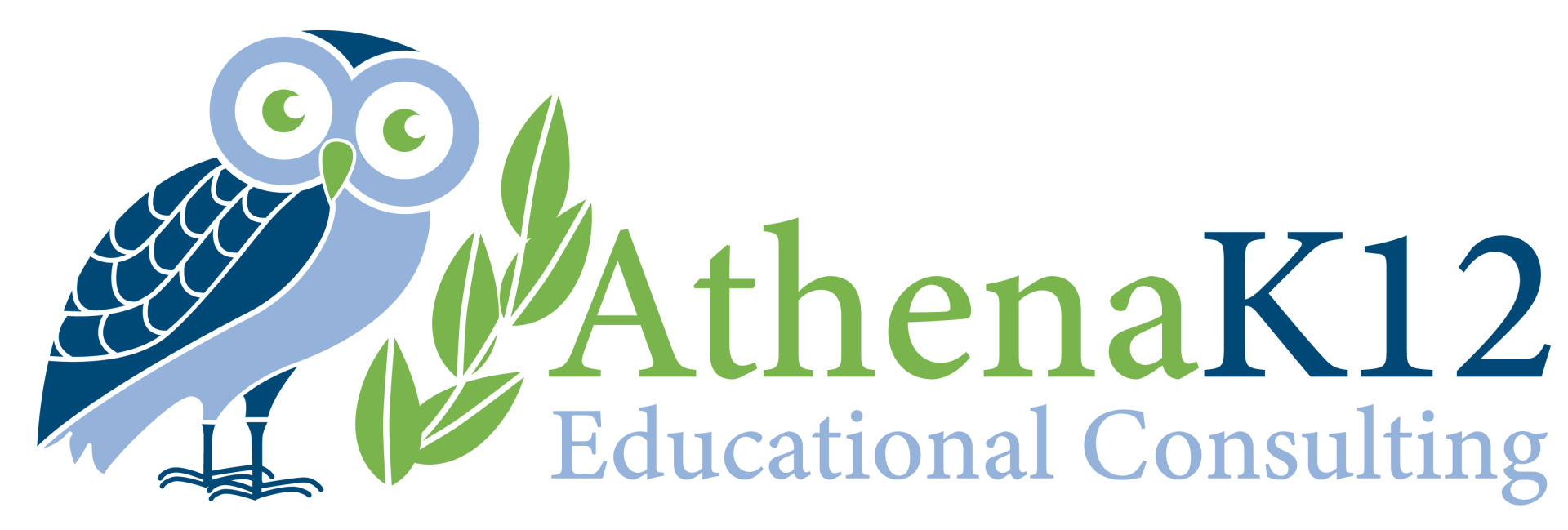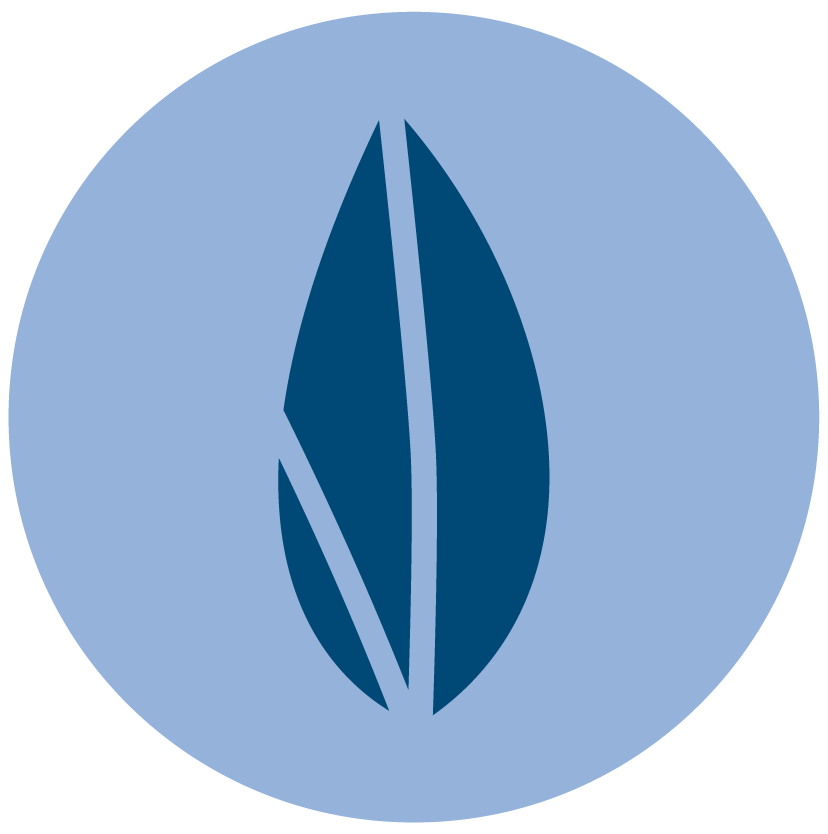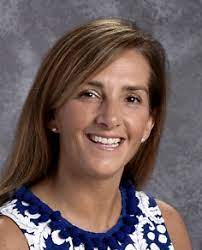Literacy Training
Customizable Workshops
Work with us on these powerful literacy practices and design a customized training program for your teachers and leaders.
ELA Program Reviews
Program reviews offer insight and recommendations around curriculum, instruction, special populations and personnel.
Work with us to examine your ELA program across multiple grade levels to better understand your strengths and areas for growth.
Literacy Leadership
Sharpen your skills, dive deeper into key responsibilities, face new challenges, expand your toolkit, and grow your wisdom while working alongside other literacy leaders around this critical part of your job.

Literacy Institute for Elementary Principals
How does a principal provide effective literacy leadership so that students in all classrooms read, write and think deeply with stamina, fluency, independence and engagement? This institute is designed to support elementary school principals as they (1) extend their knowledge base of effective K-6 literacy practices, (2) employ a variety of approaches to analyze present realities on the ground at their schools, and (3) acquire tools and strategies to envision and develop plans to improve their school’s literacy practices, supporting teacher growth and student literacy learning.

Instructional Coaching Institute
Learn to improve student achievement by supporting teaching and learning. Instructional leaders and coaches play a crucial role in impacting the culture of the school and improving practice. This session will provide training in becoming an effective communicator as coach, strategies for building relationships with teachers and principals, and tools for lesson study to help teachers improve instruction. Participants will have ample opportunity to explore with peers the challenges and opportunities they face in their day-to-day work..

Literacy Coaching
Everyone deserves a coach - someone who has been there, who understands, and is singularly focused on your goals. We work collaboratively with you to plan coaching experiences that increase capacity at both the instructional and leadership levels. Coaching plans are tailored to meet the needs of you and your staff. Whether it is implementing new initiatives, growing leaders or impacting pedagogy, we have trained coaches ready to guide you.
Take your literacy programming to the next level


















